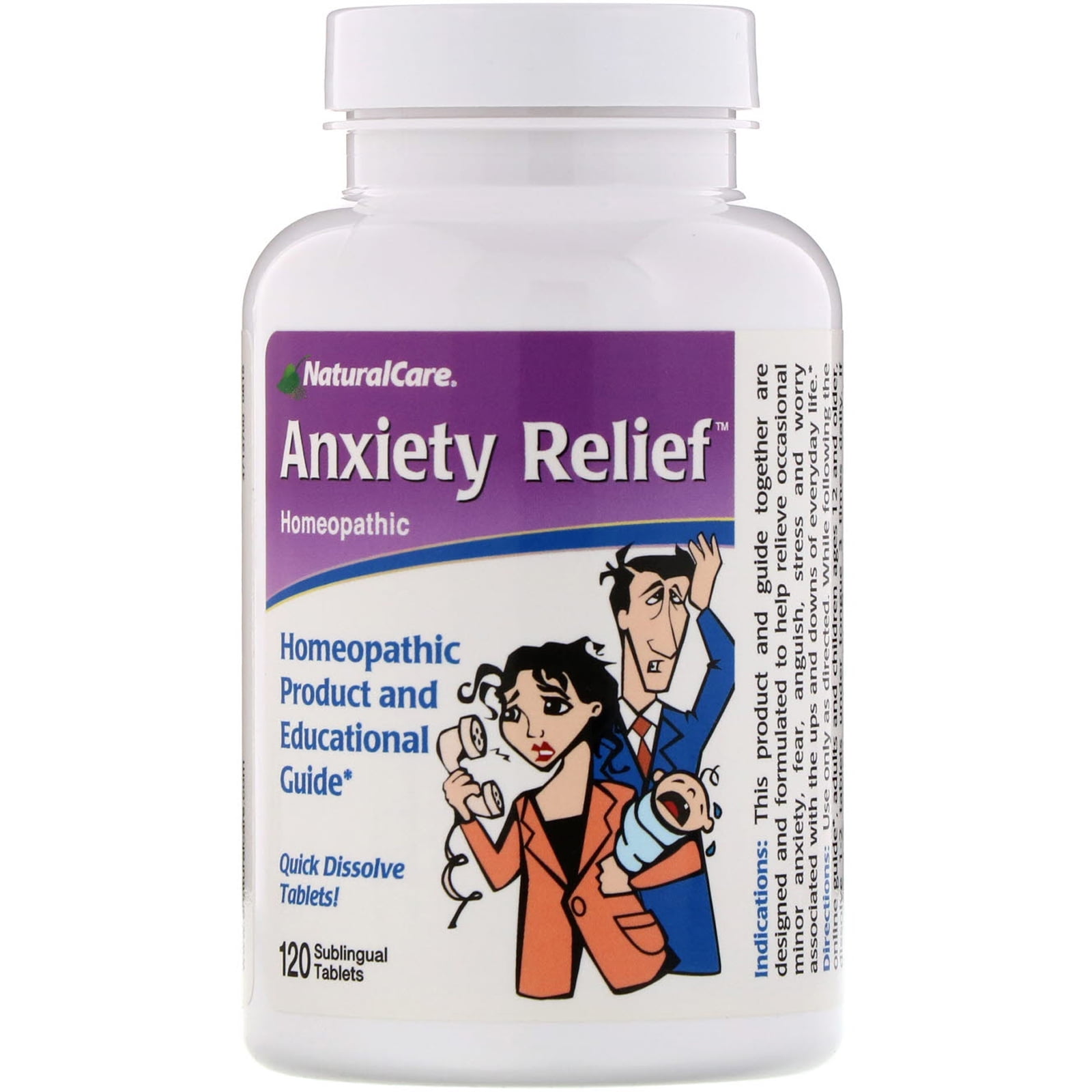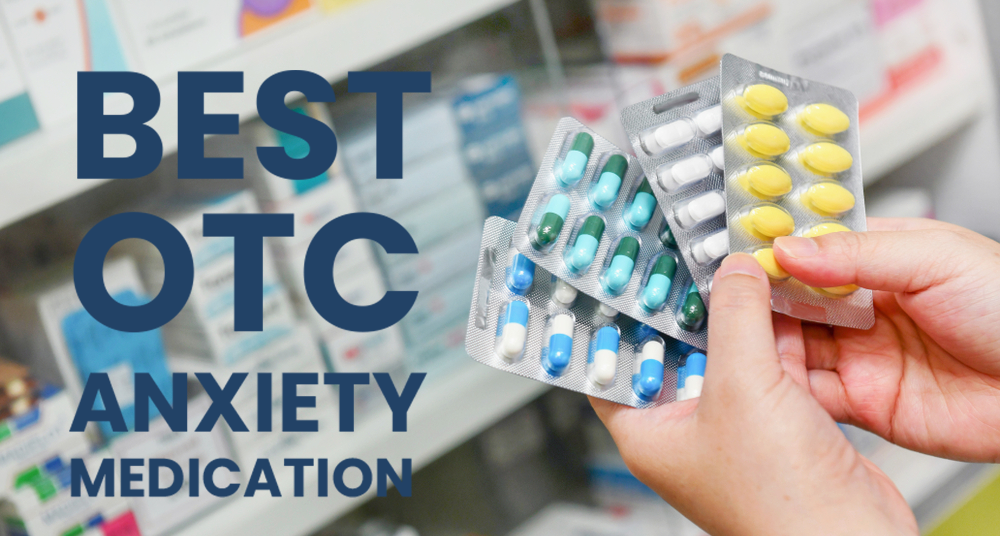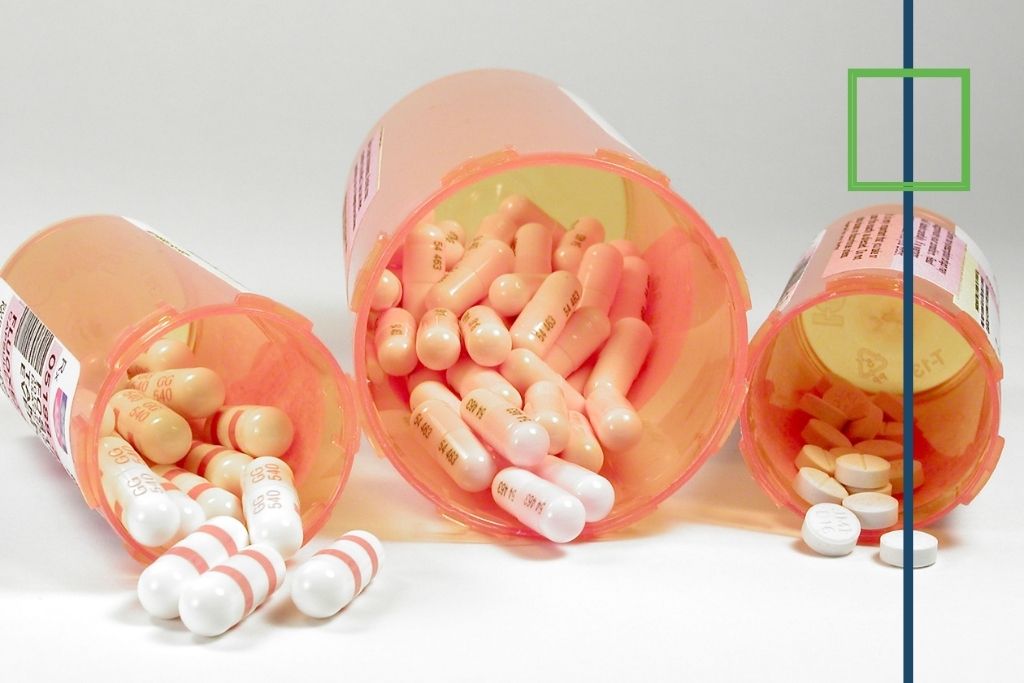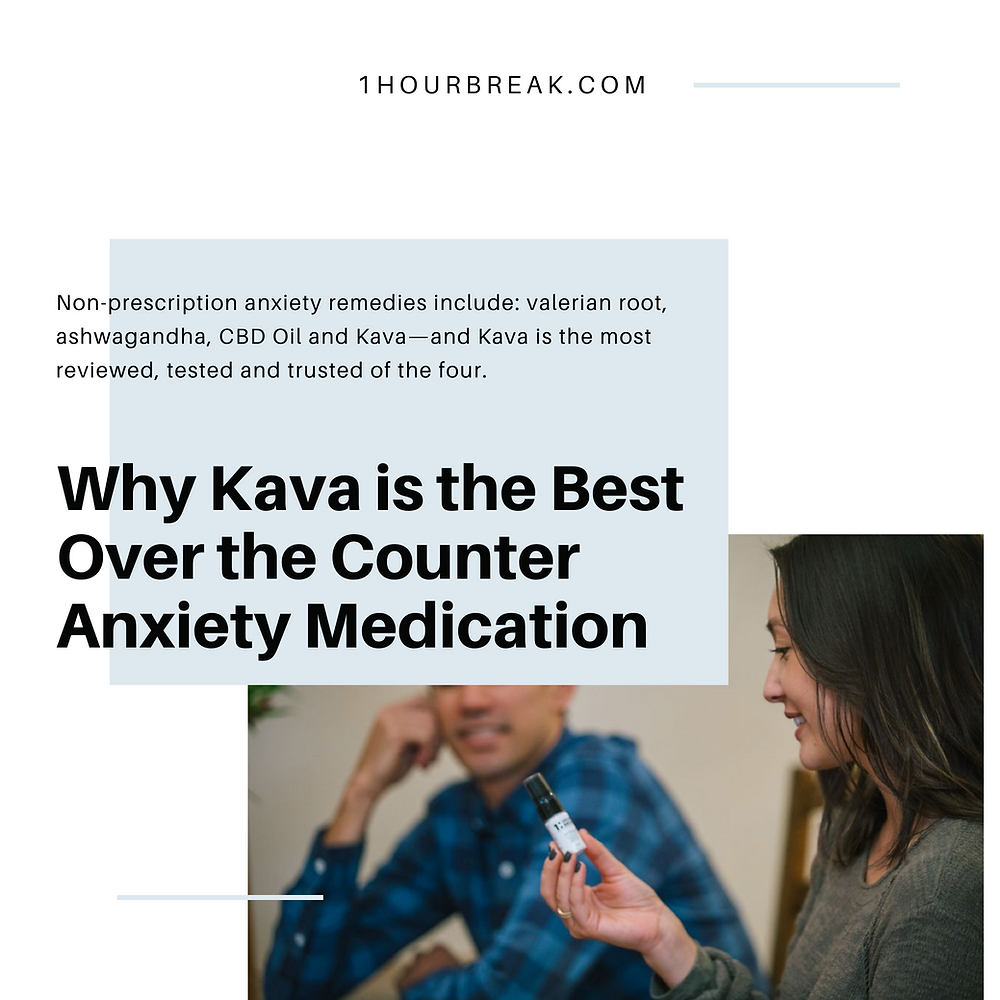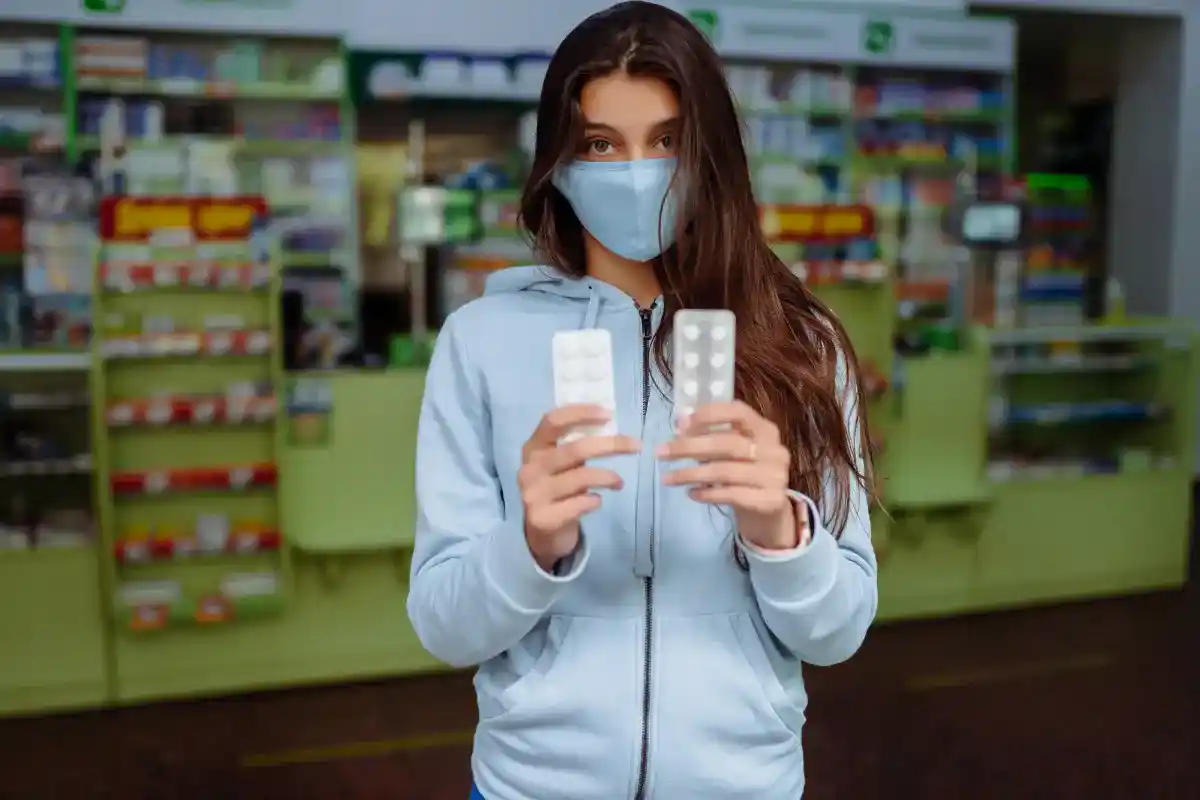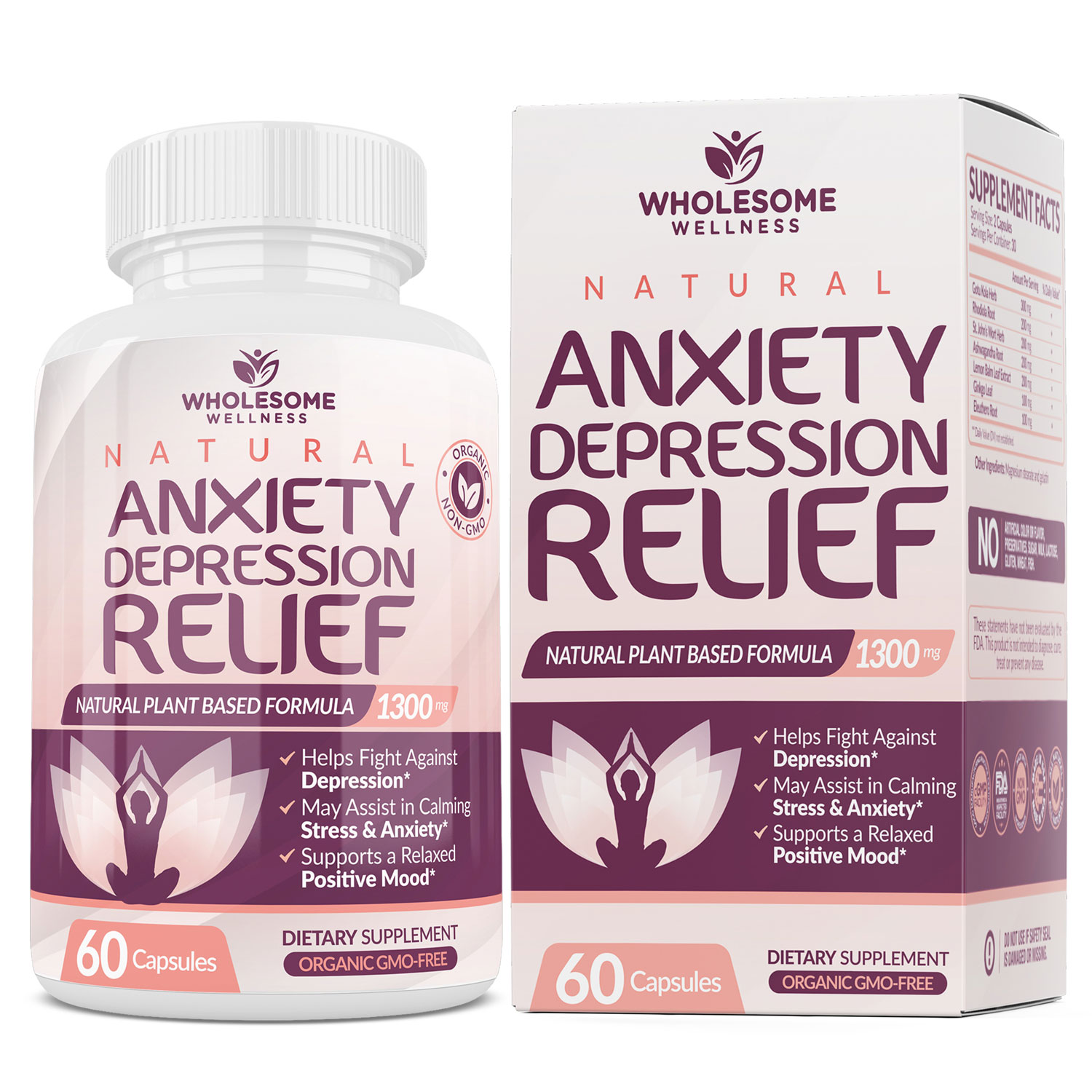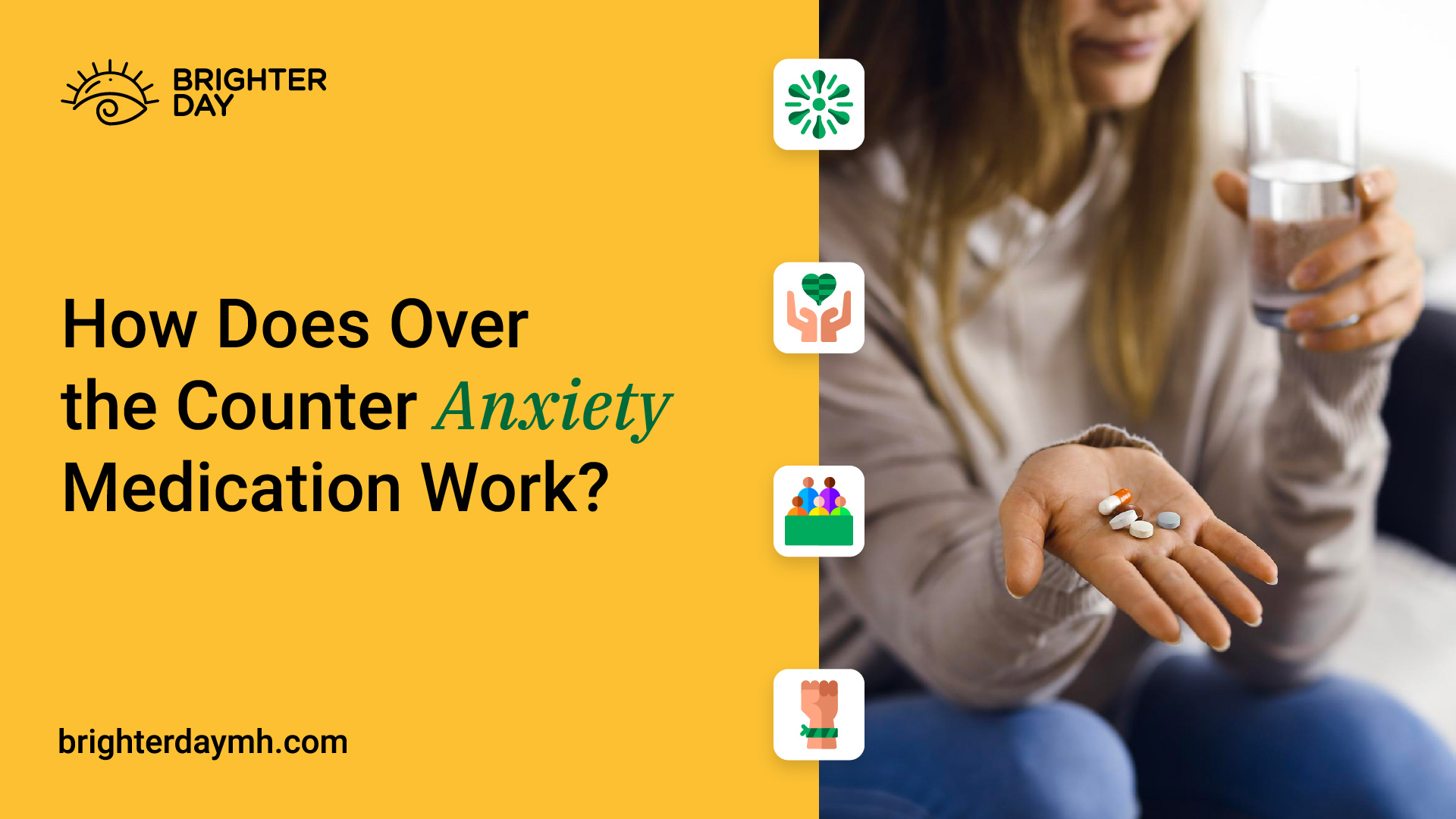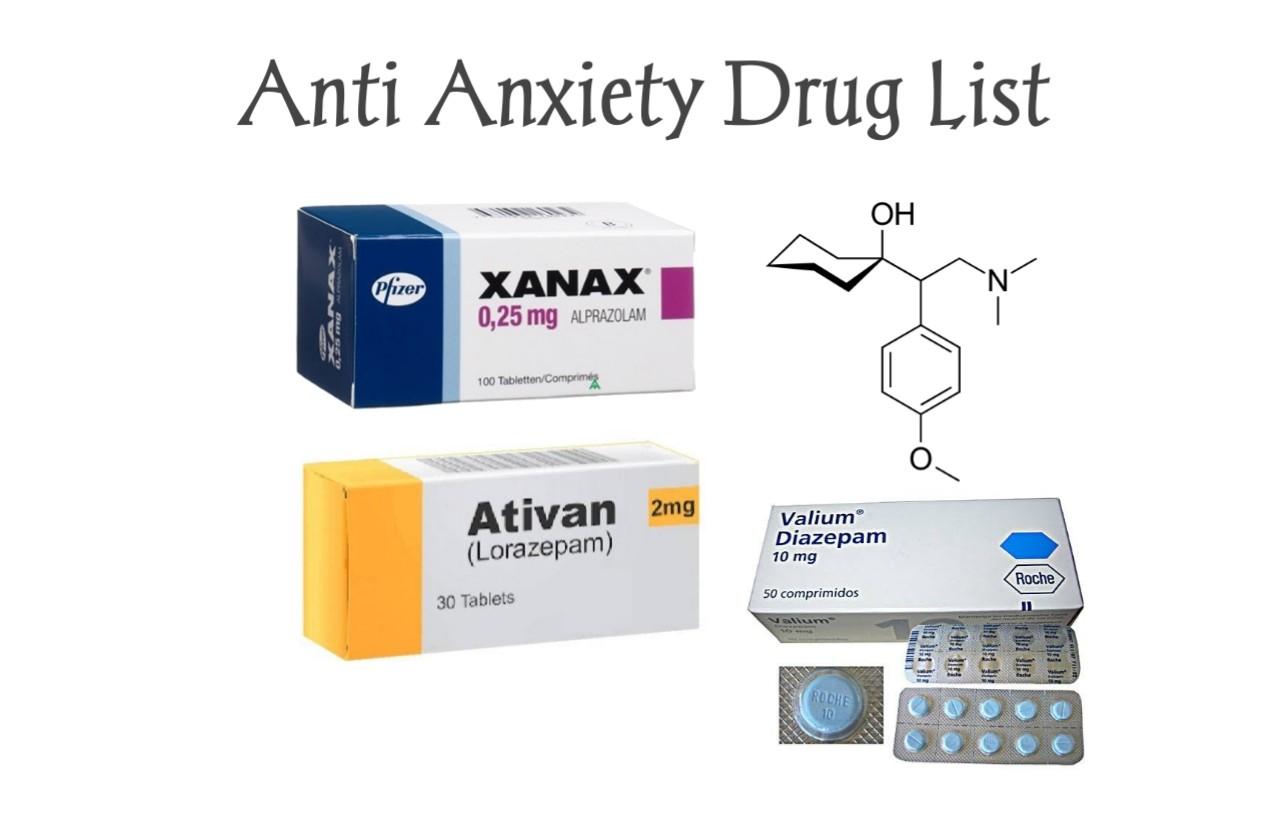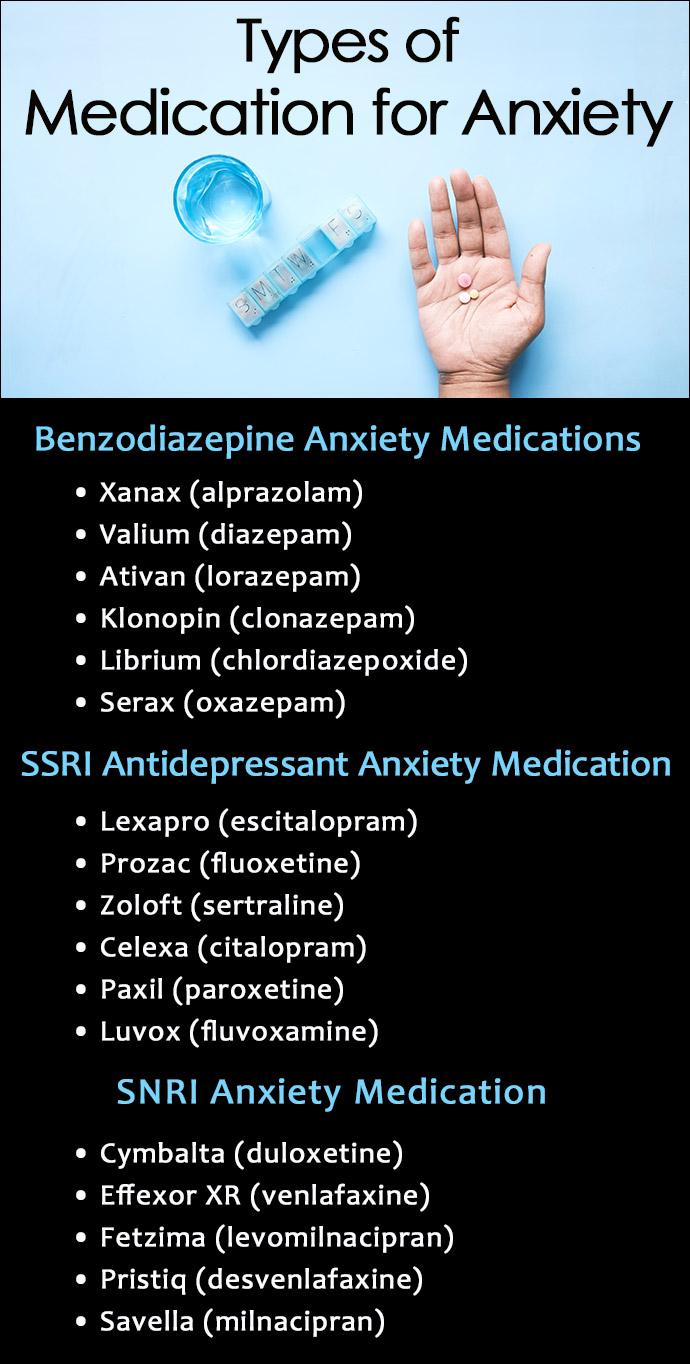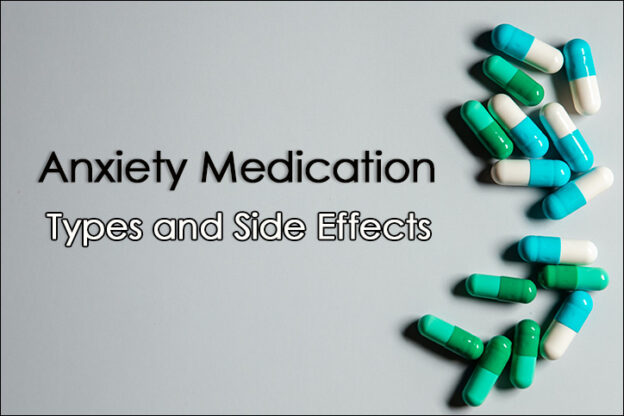Is There Over The Counter Anxiety Medicine
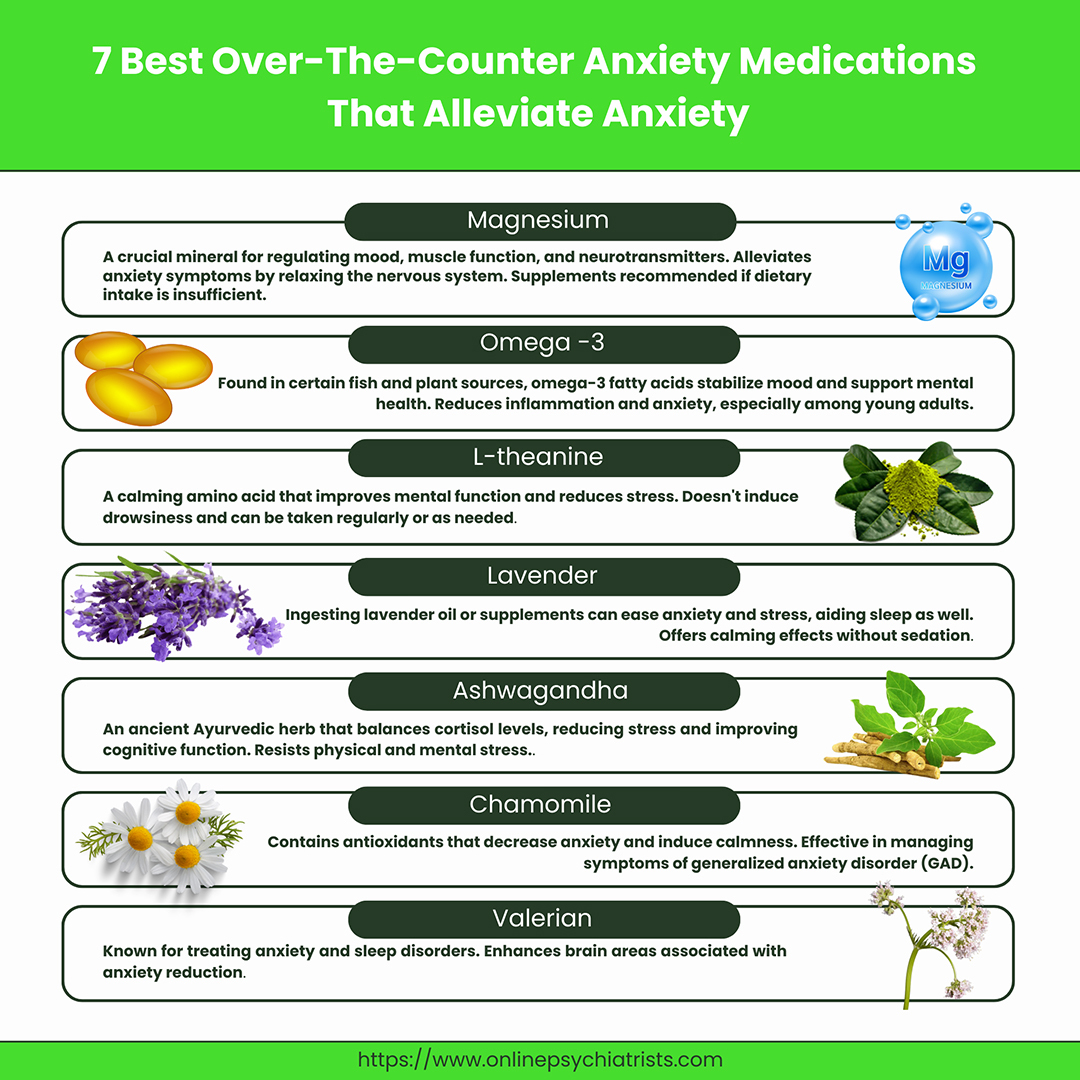
The relentless hum of anxiety affects millions, a constant companion in a world that demands ever more. Many seek refuge from its grip, yearning for accessible and immediate relief. But in the realm of over-the-counter (OTC) remedies, the question remains: Can you truly find effective anxiety medication without a prescription?
This article delves into the landscape of OTC options marketed for anxiety, assessing their efficacy, safety, and limitations. We will explore the scientific evidence behind popular supplements and lifestyle changes, and critically examine whether they offer a viable alternative to prescription medications for managing anxiety disorders. Furthermore, the role of healthcare professionals in guiding individuals toward appropriate and safe treatment strategies will be discussed.
Understanding Anxiety and its Treatment
Anxiety is a complex condition that manifests in various forms, ranging from generalized anxiety disorder (GAD) to panic disorder and social anxiety disorder. The Diagnostic and Statistical Manual of Mental Disorders (DSM-5) outlines the specific criteria for diagnosing these conditions.
Prescription medications, such as selective serotonin reuptake inhibitors (SSRIs) and benzodiazepines, are often prescribed by doctors to manage anxiety symptoms. These medications work by influencing neurotransmitter activity in the brain, but they can also come with potential side effects and risks.
Over-the-Counter Options: A Closer Look
Many individuals turn to OTC products in the hope of alleviating anxiety symptoms. These options typically include herbal supplements, vitamins, and other natural remedies. But the effectiveness and safety of these remedies are often debated.
Herbal Supplements
Kava, derived from the Piper methysticum plant, has been traditionally used in the Pacific Islands for its calming effects. Studies have suggested that Kava may reduce anxiety symptoms, but concerns about liver toxicity have led to restrictions or bans in several countries.
Valerian root is another popular herbal supplement believed to promote relaxation and improve sleep. While some studies suggest it might be helpful for mild anxiety, the evidence is not conclusive and more research is needed.
Chamomile, often consumed as a tea, is known for its calming properties. Some research indicates that chamomile extract may have a mild anti-anxiety effect, but further investigation is warranted.
Vitamins and Minerals
Magnesium plays a vital role in nerve function and muscle relaxation. Some studies have linked magnesium deficiency to increased anxiety, suggesting that supplementation might be beneficial for individuals with low magnesium levels.
L-Theanine, an amino acid found in green tea, is known for its calming effects. It may help to reduce anxiety without causing drowsiness, making it a potentially appealing option for some individuals.
Vitamin D deficiency has also been associated with mood disorders, including anxiety. However, the evidence supporting vitamin D supplementation for anxiety specifically is still evolving.
Other OTC Products
Melatonin, a hormone that regulates sleep-wake cycles, is often used to address sleep disturbances associated with anxiety. While it might help improve sleep quality, it doesn't directly target anxiety symptoms.
Aromatherapy, involving the use of essential oils like lavender and chamomile, is sometimes used to promote relaxation and reduce stress. While some studies suggest potential benefits, the evidence is limited and largely based on subjective experiences.
The Importance of Scientific Evidence
It's crucial to approach OTC anxiety remedies with caution and critically evaluate the scientific evidence supporting their use. Many supplements lack rigorous clinical trials to confirm their efficacy and safety.
The Food and Drug Administration (FDA) does not regulate supplements with the same stringency as prescription medications. This means that the quality and purity of OTC products can vary, and claims made by manufacturers may not be substantiated.
When to Seek Professional Help
For individuals experiencing persistent or severe anxiety, it's essential to seek professional help from a doctor or mental health professional. Self-treating with OTC remedies may delay appropriate diagnosis and treatment.
A healthcare provider can conduct a thorough assessment to determine the underlying cause of anxiety and recommend the most appropriate treatment plan. This may include prescription medications, therapy, or a combination of both.
Cognitive-behavioral therapy (CBT) and other forms of psychotherapy are highly effective for treating anxiety disorders. They provide individuals with coping skills and strategies to manage their thoughts, feelings, and behaviors.
Weighing the Risks and Benefits
While OTC options may offer some relief for mild anxiety, they are not a substitute for professional treatment for more severe conditions. Individuals should carefully weigh the potential risks and benefits before using any OTC remedy.
It's important to be aware of potential side effects and interactions with other medications. Consult with a pharmacist or doctor before taking any new supplement, especially if you have existing health conditions or are taking prescription drugs.
The Future of Anxiety Treatment
Research into novel anxiety treatments is ongoing. Scientists are exploring new targets in the brain and developing innovative therapies that may offer more effective and targeted relief.
Personalized medicine, which takes into account an individual's unique genetic makeup and lifestyle factors, holds promise for tailoring anxiety treatment to specific needs. This may lead to more effective and less harmful interventions in the future.
The availability of effective OTC anxiety medications remains limited. While some supplements may offer mild relief for some individuals, they are not a replacement for professional diagnosis and treatment when anxiety becomes debilitating. Always consult with a healthcare professional to determine the most appropriate course of action for managing your anxiety.

